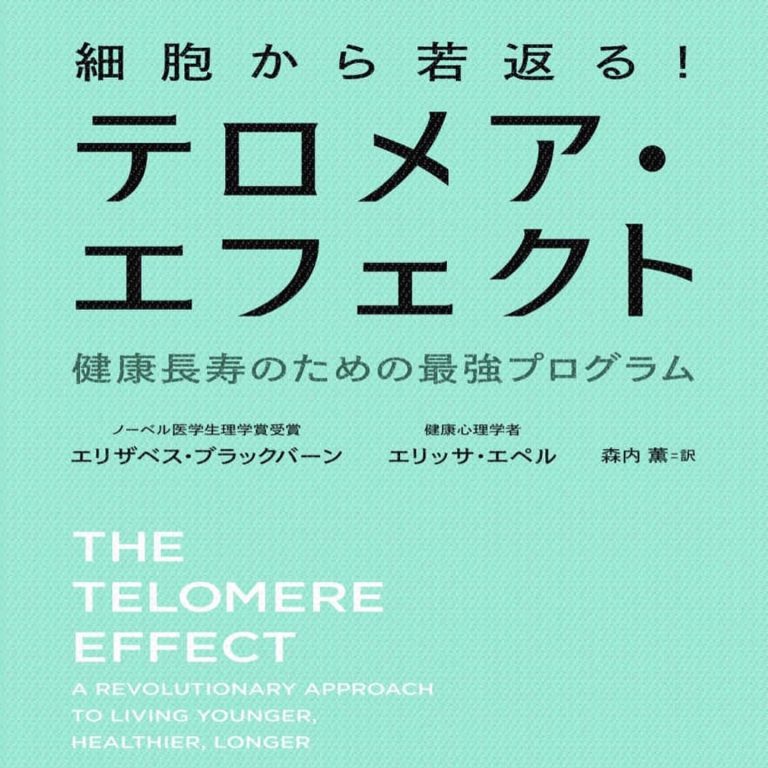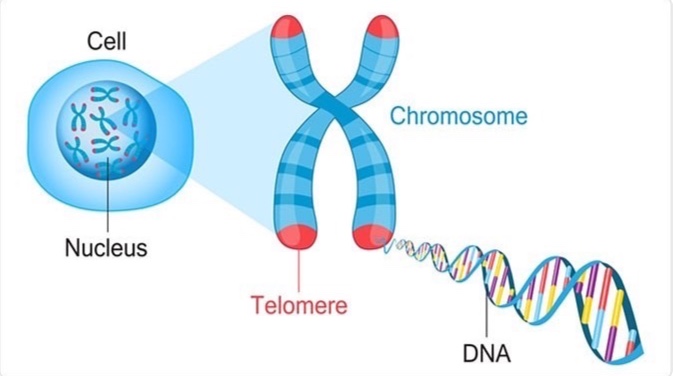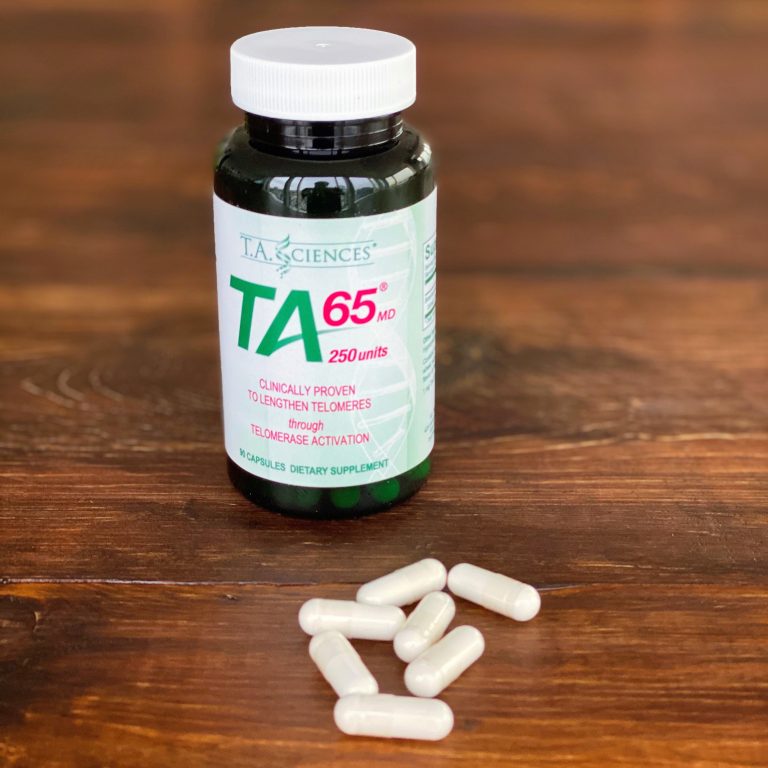Apparently the most powerful program for healthy longevity is to preserve telomeres, the cause of aging.

Do you know someone named Elizabeth Parrish?
This man has a short life span in his family, and his own son was diagnosed with type i diabetes when he was five years old. He decided that he could not afford to die prematurely, so he started a business in Silicon Valley and raised money by creating a research company (BioViva USA) to study longevity. Because of the risk of carcinogenicity, he could not do it in the U.S., so he himself became a test subject and traveled to Colombia to treat the disease.
The treatment is an intravenous injection of a genetically engineered virus. The result was a brilliant success (no side effects so far), and although he is 48 years old, he is now in his 30s inside.
The treatment was to extend “telomeres” in DNA, which cause aging.
DNA is the basis for the formation of all human cells, which metabolize and divide regularly through cell division.
At the tip of the DNA is the telomere. Without telomeres, DNA would be damaged and unable to divide. Without telomeres, DNA would be damaged and cells would not be able to divide, and cells would age.

Telomeres shorten just a little bit with each cell division.
And when it shortens below a certain length, the cell can no longer divide. This is called aging.
Telomeres not only shorten with age, but also due to stress, smoking, obesity, lack of exercise, and unhealthy diet.
Telomere length represents biological youth. Age-related decline in immunity is also related to telomere length.
And, although not as effective as that injection, an enzyme called telomerase is very much involved in telomeres and has made it possible to slow or stop the shortening process.
Recent research has also made it possible to do the opposite, lengthening telomeres.
Activation of telomerase has made it possible to Identify short telomeres, restore telomere length, and delay shortening.
This again triggers cell division and activates the cells themselves.
Telomere length can be maintained or lengthened.
Telomerase is found in the human body and its amount decreases with age. However, when human cells are exposed to the telomerase enzyme, they slow down the aging process and begin to divide again. Lengthened telomeres change the expression of genes in cell division to a younger form, resulting in a younger functioning cell.

The 2009 Nobel Prize in Physiology or Medicine was awarded to the telomere researcher who discovered telomerase, and there are high hopes for further development of telomere research.

So, I found this medicine, but knowing what I know so far, I guess it’s just a comforting medicine.
TA 65 MD 250 UNITS 90 caps by TA Sciences TA Sciences





